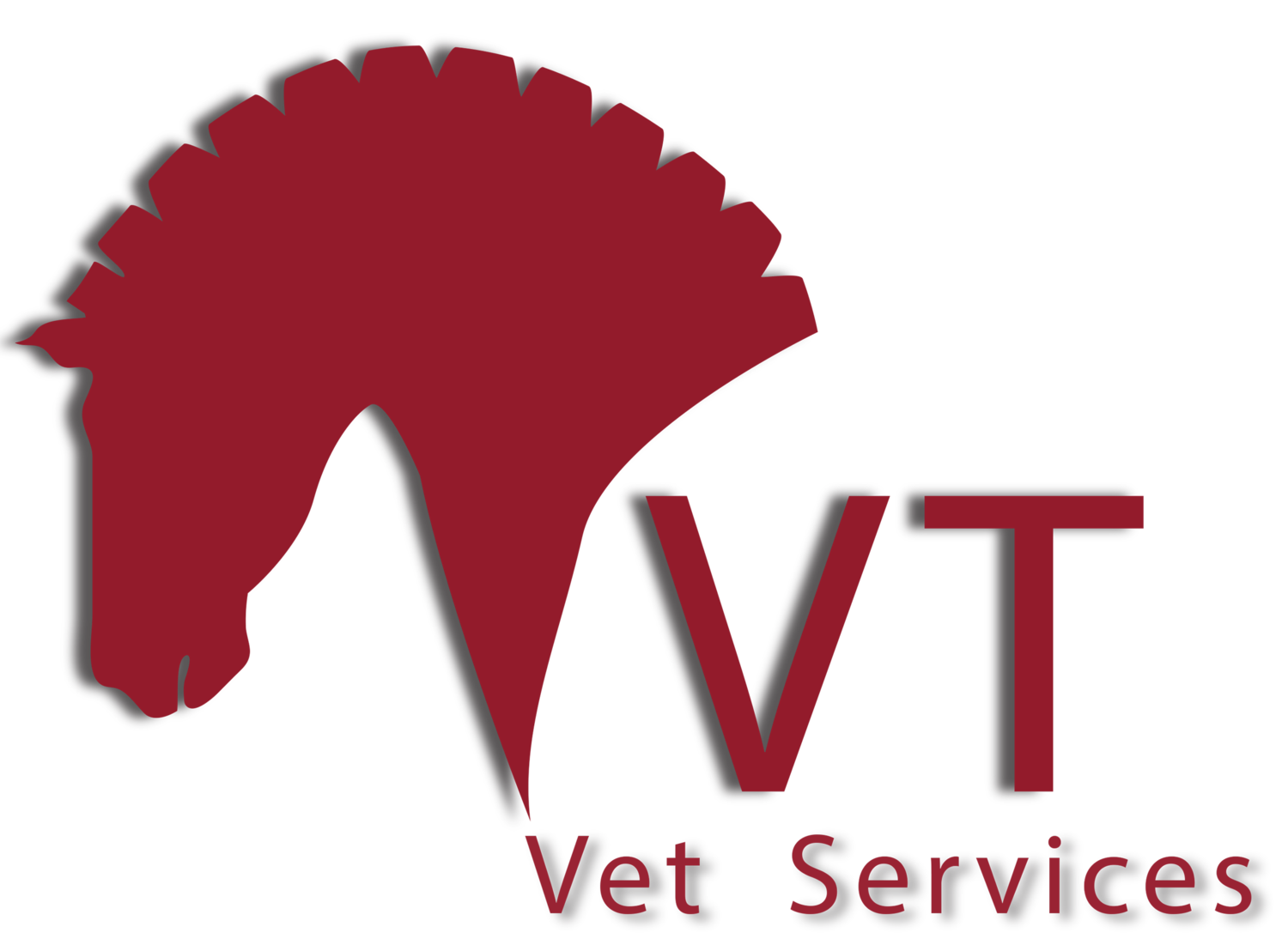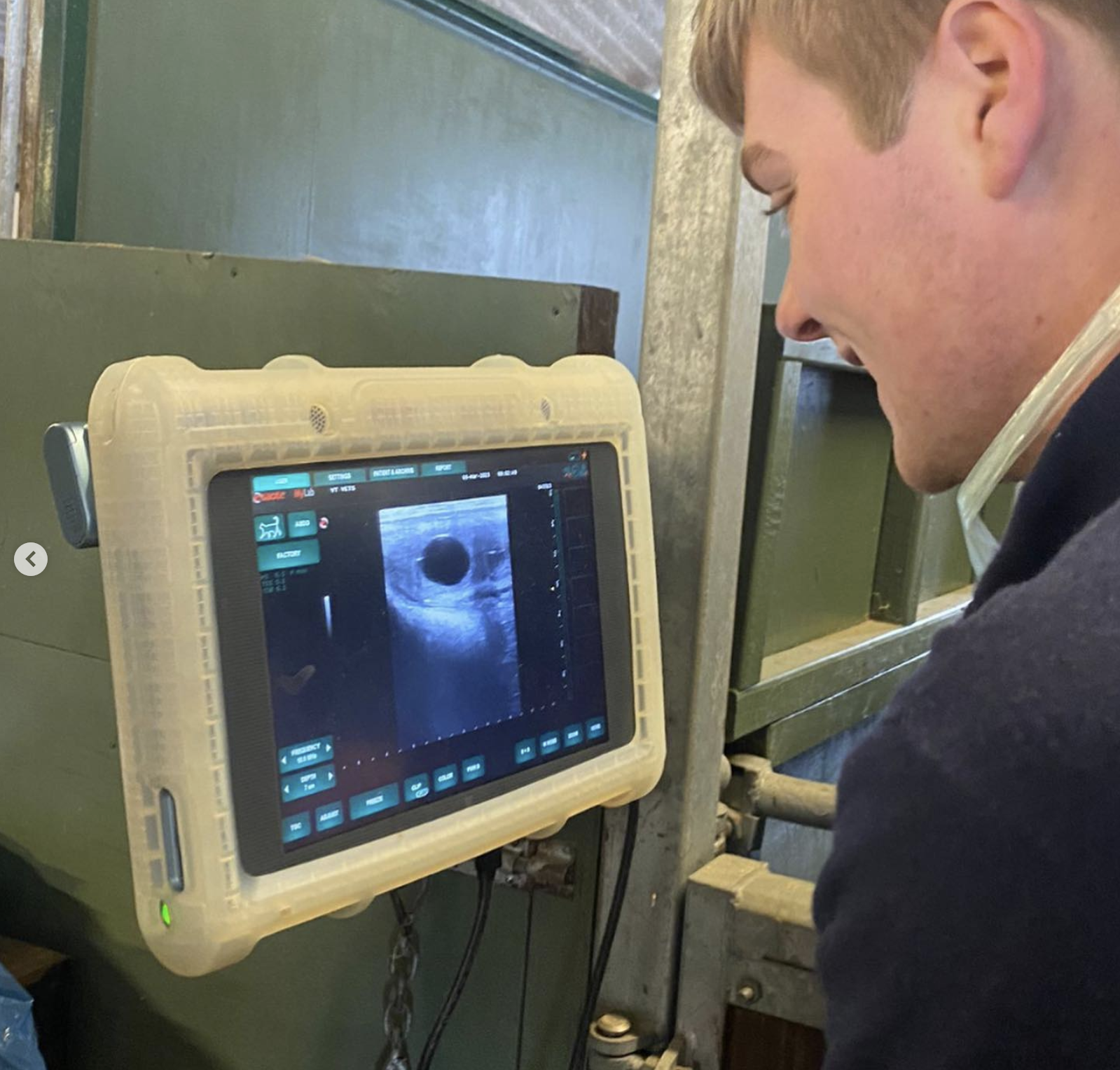REPRODUCTION
VT Vets is a British Equine Veterinary Association (BEVA) approved centre for artificial insemination (A.I).
All of our vets are experienced in all aspects of breeding and neonatal work. We provide reproductive services for many large Thoroughbred and Sports Horse studs as well as one horse breeders alike.
SPORT HORSE REPRODUCTION
Artificial Insemination with fresh/chilled semen – This is a very popular option when breeding your mare as it allows the use of a wide range of stallions within the UK and Europe. We can follow the mare's cycle, order, or collect the semen in house and inseminate the mare at the appropriate time, either at our clinic or at your own yard.
Artificial Insemination with frozen semen – The semen must be artificially inseminated into the mare either 12 hours before ovulation or 6 hours after ovulation. The mare will be required to come to our clinic for this procedure as intensive veterinary management is required for success.
Embryo Transfer - An increasingly popular option for performance mares as it enables the mare to continue to compete, with only a 14 day no-work window advised in order to maximise the chances of successfully obtaining an embryo. Recipient mares can be sourced if required.
Most breeding work can be performed at your yard (providing your mare is safe to scan outside of stocks) or alternatively, breeding livery is available at our clinic. All mares coming on livery to be bred at the clinic MUST complete our pre-entry health checks (EVA, EIA, Strangles and Clitoral CEM) before arriving.
THOROUGHBRED STUD WORK
Please call us to discuss your individual requirements and package details.
MARE INFERTILITY INVESTIGATION
There are many causes of mare infertility in mares and accurate diagnosis is the first step towards successful treatment or management. Common causes of infertility in mares include age, whether she has foaled previously, infection or reproduction system disorders.
Infertility investigation consists of some or all of the following depending on the mare and circumstances:
Thorough evaluation of the mare’s breeding history, gynaecological palpation, ultrasound and speculum examination, endometrial biopsies, cytological examination, hormone testing, endometrial culture, cytology, and uterine biopsy. Endometrial swab and smear samples are sent to an external laboratory for analysis.
Depending on the results of these investigations, further treatment such as a laparoscopic oviduct flush may be advised.





